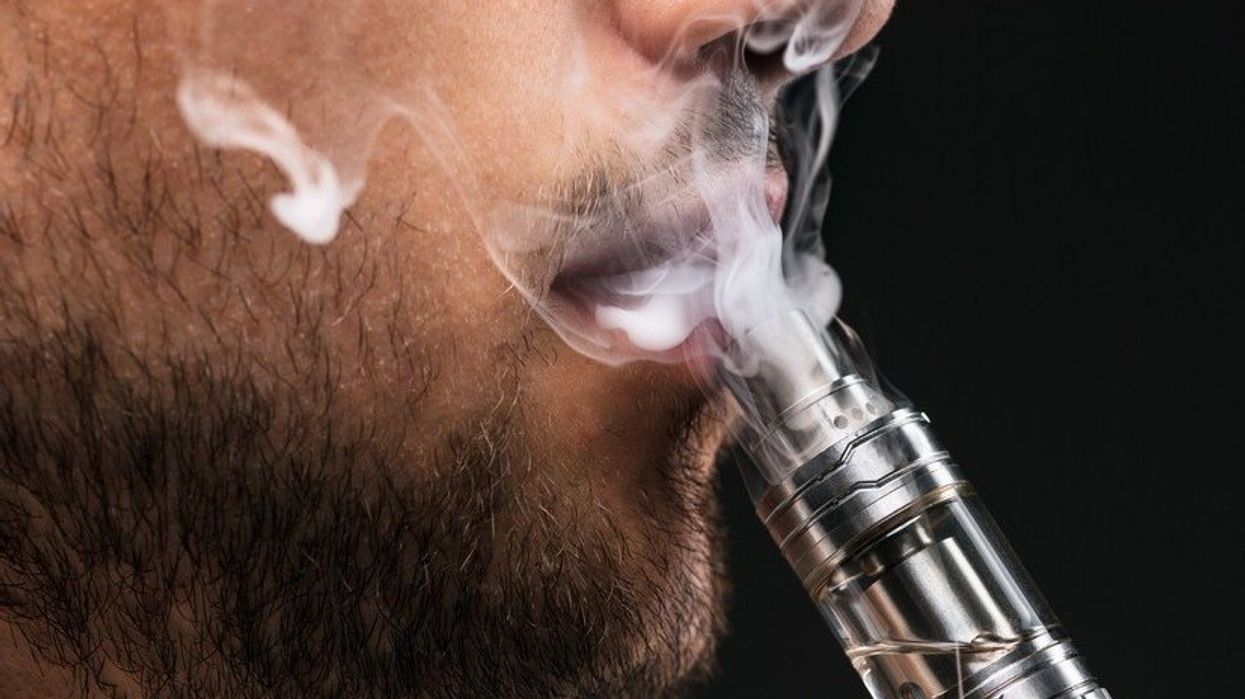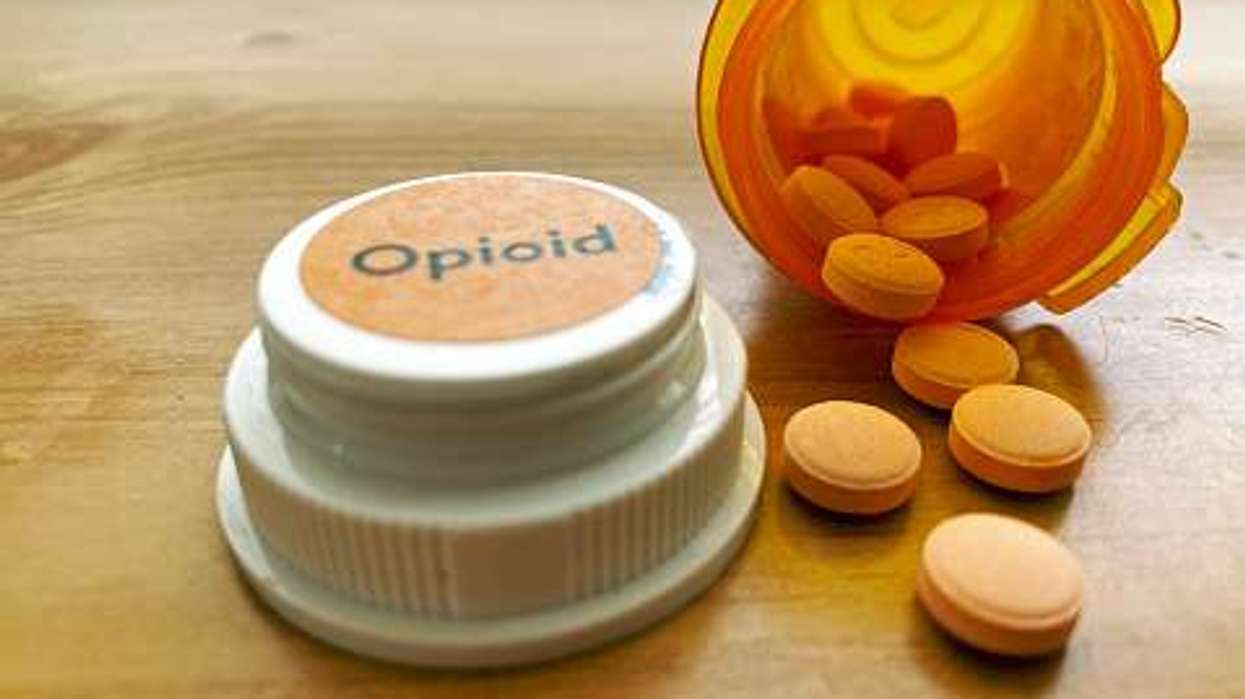Those who use e-cigarettes or vapes are also more likely to suffer from heart attacks, coronary artery disease and depression
In response to the concerning surge in youth vaping, the UK government in January announced its decision to ban disposable vapes as a measure to safeguard the health of children.
Prime Minister Rishi Sunak stated that while the long-term impacts of vaping were uncertain, the nicotine present in these products can be highly addictive. Therefore, he emphasised that “marketing vapes to children is not acceptable.”
Now, there’s a stronger reason to crack down on vape sales as a new study has revealed that vaping or the use of e-cigarettes may increase the risk of developing heart failure.
The study, which involved 175,000 adults in the United States, found that those who use e-cigarettes were 19 per cent more likely to develop heart failure over a four-year period.
Dr Yakubu Bene-Alhasan, lead author of the study, from MedStar Health in Baltimore, underscored that an increasing number of studies are linking e-cigarettes with harmful effects, suggesting vaping “might not be as safe as previously thought.”
With further research, Dr Bene-Alhasan’s team plans to uncover “a lot more about the potential health consequences and improve the information out to the public.”
They are presenting their study findings at an American College of Cardiology meeting this weekend.
Earlier, a study led by the University of Kansas School of Medicine Wichita found vaping associated with heart attacks, coronary artery disease and depression.
Those who use e-cigarettes were found to be 56 per cent more likely to have a heart attack, 30 percent more likely to suffer a stroke, compared with nonusers.
Coronary artery disease and circulatory problems, including blood clots, were also significantly more prevalent among e-cigarette users, with a 10 percent and 44 percent higher occurrence, respectively. Additionally, this group experienced a twofold increase in the likelihood of experiencing depression, anxiety, and other emotional problems.
Previous research shows that adults who report puffing e-cigarettes, or vaping, are significantly more likely to have a heart attack, coronary artery disease and depression compared with those who don't use them or any tobacco products.
Vaping can serve as a useful tool to quit smoking, which is considered the single largest preventable cause of death in England. However, there is a worrying trend of children increasingly resorting to these highly addictive alternatives, many of which are evidently designed to attract young people.
According to official statistics, the prevalence of vape usage among children in the UK has tripled within the last three years, now affecting nine per cent of 11 to 15-year-olds. Disposable vapes are thought to be the primary factor fueling the alarming increase in youth vaping, with the number of 11 to 17-year-olds using disposable devices estimated to have increased almost ninefold in the past two years.













